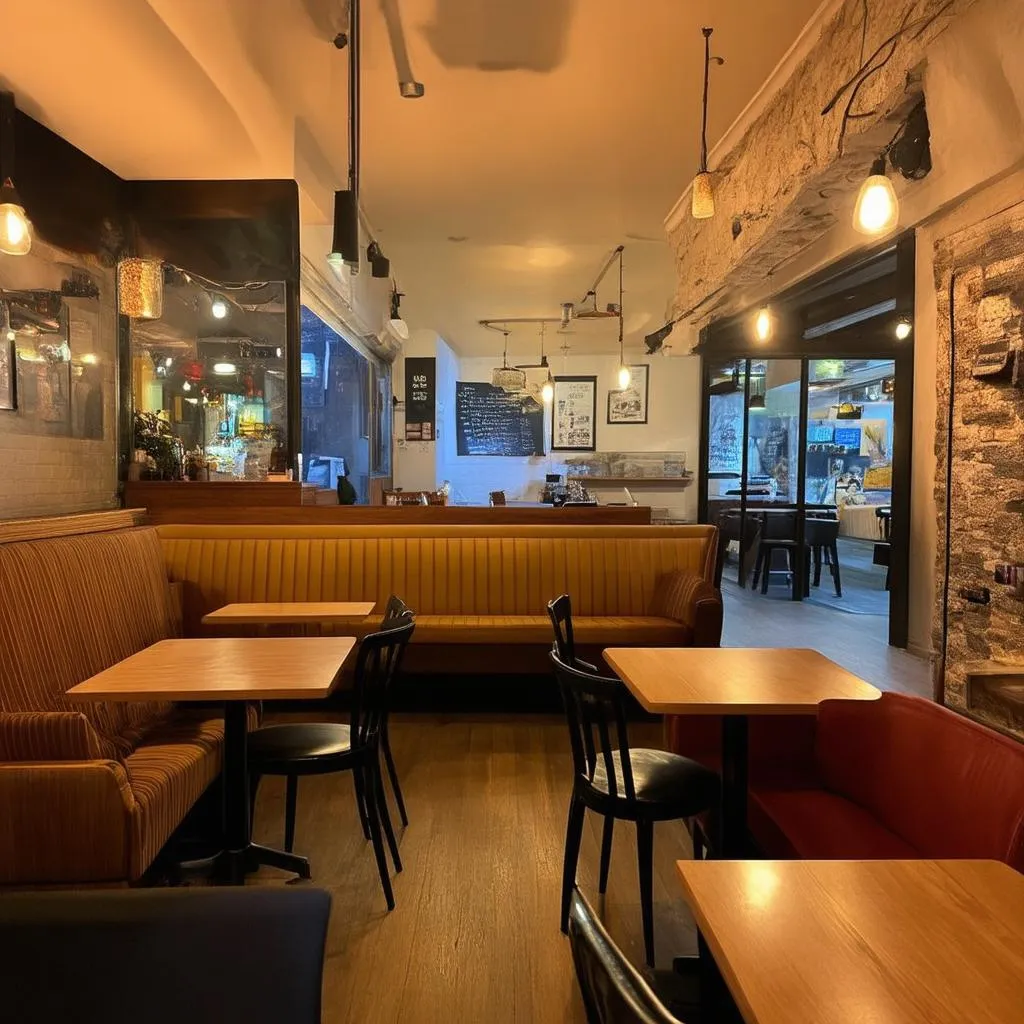The IELTS Speaking test assesses your ability to communicate effectively in English. It consists of three parts: Part 1 (Introduction and Interview), Part 2 (Long Turn), and Part 3 (Two-way Discussion). As an examiner, I value candidates who can deliver clear, coherent, and well-structured responses while demonstrating a wide range of vocabulary and grammatical accuracy. Today, we will focus on the popular topic: “Describe a place where you go to relax during breaks.”
FAQ: What Do IELTS Examiners Look For?
IELTS examiners evaluate fluency, coherence, lexical resource, grammatical range, and pronunciation. Let’s delve into specific strategies and sample answers to help you excel in each part of the IELTS Speaking test.
Common Questions in Part 1: Introduction and Interview
In Part 1, the examiner will ask personal questions related to familiar topics. Here are some common questions and how to respond:
Sample Question:
- “Do you often take breaks during your day?”
Suggested Answer:
“Yes, I frequently take short breaks throughout my day, especially after periods of intensive work. It helps me recharge my energy and maintain productivity.”
Analysis:
- Frequent breaks and recharge my energy are phrases that show a good range of vocabulary.
- This type of structured yet natural response is what examiners look for.
Part 2: Long Turn
Cue Card:
Describe a place where you go to relax during breaks
- Where the place is
- How often you go there
- What you do there
- Why you find it relaxing
Sample Answer:
“One of my favorite places to relax during breaks is a quaint little café just down the street from my office. Located in a serene neighborhood, the café has a cosy ambiance that offers a perfect escape from my hectic work schedule. I usually visit this café two to three times a week.
When I’m there, I like to sip on a soothing cup of herbal tea while reading a book or sometimes just enjoying the soft background music. The café also has a small garden area where I often sit and meditate, allowing me to connect with nature and clear my mind.
I find this place particularly relaxing because it removes me from the stressful environment of the office. The tranquil atmosphere, along with the friendly staff, makes it easy for me to unwind and regain my focus.”

Bullet Point Questions:
-
Why do you prefer this place over others?
- “I prefer this café because of its peaceful setting and the high-quality herbal teas they offer. Furthermore, the quiet garden area allows me to meditate, which is essential for my mental health.”
-
Have you recommended this place to anyone?
- “Yes, I’ve recommended this café to my colleagues and friends. They now also find it a great spot to take a break and relax.”
Analysis:
- Terms such as quaint little café, serene neighborhood, and cosy ambiance reflect a good range of vocabulary.
- Tranquil atmosphere and unwind and regain my focus are valuable phrases.
Part 3: Two-way Discussion
Questions and Suggested Answers:
Question:
- “How important is it to have a special place to relax during breaks?”
Answer:
“It’s extremely important to have a special place to relax during breaks because it provides an opportunity to detach from work stress and rejuvenate mentally and physically. Regular relaxation can significantly enhance overall productivity and reduce burnout.”
Question:
- “Do you think most people nowadays have enough time to relax?”
Answer:
“I believe that modern lifestyles often leave people with insufficient time to relax. Increasing work demands and constant connectivity through technology make it challenging to find moments of peace. Therefore, it’s critical to prioritize relaxation as part of a healthy routine.”
Analysis:
- Phrases like detach from work stress, rejuvenate mentally and physically, and reduce burnout are crucial for showing a high level of English proficiency.
- Modern lifestyles, insufficient time, and constant connectivity indicate a good grasp of current social issues.
Key Vocabulary and Phrases
Important Words:
-
Ambience /ˈæmbiəns/ (noun) – The character and atmosphere of a place.
- Example: The cosy ambience of the café made it an ideal spot for relaxation.
-
Rejuvenate /rɪˈdʒuːvəˌneɪt/ (verb) – To make someone feel or look younger and more energetic.
- Example: Taking short naps can rejuvenate your energy levels during the day.
-
Serene /səˈriːn/ (adjective) – Calm, peaceful, and untroubled.
- Example: The serene garden provided a perfect backdrop for meditation.
Usage in Sentences:
- “The serene environment of that lake makes it a great place to meditate and rejuvenate.”
- “A change in ambience can often help in relieving stress and boosting productivity.”
Examiner’s Tips for High Scores
- Practice Regularly: Consistent practice will enhance your fluency and confidence.
- Use Varied Vocabulary: Employ a range of vocabulary to express yourself clearly and accurately.
- Stay Coherent: Ensure your responses are logical and well-organized.
- Engage in Topics Beyond Your Comfort Zone: Practice discussing a variety of topics to be well-prepared for any cue card or question.
With these strategies and examples, you can confidently prepare to describe a place where you go to relax during breaks, thereby maximizing your chances of achieving a high score in the IELTS Speaking test.